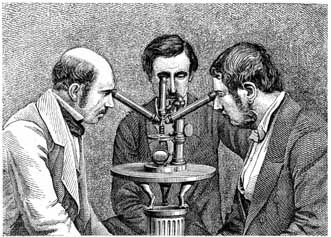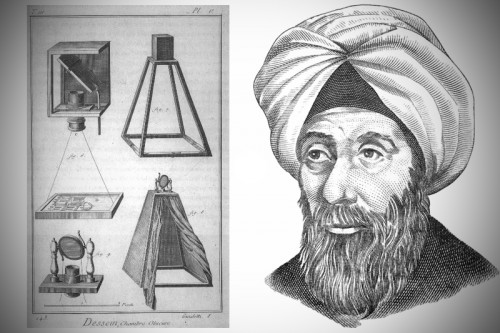
source: Knowledge-gallery.com
How did we get to this point today? When did it first start, and how has it progressed throughout time?
Does it seem as though science history is lacking from our current education? We learned a lot about the history of the United States and our democracy. I probably learned more about the history of art than of science. What remains lacking is a common and solid understanding of how science first began. It has an interesting, yet troubled past.
If you’ve watched Cosmos, featuring Neil DeGrasse Tyson, you might have a better appreciation for the struggle and perseverance of the great scientists of our past. He tells stories from one person to the next, illustrating the enormous adversity they had to endure. Tyson tells personal stories with enthusiasm, creating anticipation for climactic, breakthrough moments.
Science includes the common natural science (physics comma geology, chemistry, etc.), and social sciences. The study of science is empirical, meaning that we observe and study what we see in the results that we find. It’s theoretical, in that we draw conclusions and theorize or predict future results. And it’s practical, meaning that we use knowledge to interact with, shape, and control our environment.

source: imgur
The word scientist is actually quite new, appearing first in the 19th century. Before that, people would call themselves natural philosophers. In ancient times, we would pass knowledge from one generation to the next through oral traditions. Like gathering around a campfire and telling stories. Some evidence that suggests ancient civilizations knew and practiced astronomy, agriculture, human physiology, and primitive chemistry (alchemy). They would convey that knowledge to each other even before writing systems were developed.
Egypt remains one of the oldest forefronts of scientific advancement, from astronomy to medicine. The Eqyptians developed areas in mathematics to help build structures and maintain farmland; using rules of thumb such as the 3-4-5 right triangle. The roots of modern neuroscience can be traced back to the Edwin Smith papyrus (the earliest medical document known to describe the human brain). But, most of the medicine practiced during this time is now believed to have been largely unproductive.
Curing illness and treating pain has been a primary motivating factor of scientific pursuit. In early Greece, many would investigate these issues through the natural world. They called themselves natural philosophers. Physicians or healers would share and practice their skills and knowledge in their community. Through this inquiry, many philosophers would contribute some of the greatest works known to man, standing thousands of years.
Among the earliest works of science are home to ancient India, believed to be around 3,000-4,000 B.C.
Evidence from that time period suggests that builders used bricks with specific proportions and lengths. Archeologists found rulers with lengths divided into ten equal parts. Bricks from other locations were integral multiples of this length. But it wasn’t until around 500 A.D to 1,300 A.D. that we would start to see numbers and digits. What we now consider Arabic numerals actually originated from India.
Fast forward to the 8th century, Muslim scientists had a period when science was a booming and was a socially encouraged facet of life. Mathematics, astronomy, chemistry, and medicine were of the most critical works. We can thank a man by the name of Ibn al-Haytham, who some refer to as the “first scientist,” for his work in creating the scientific method. We call the 8th to 13th century the Islamic Golden Age, where science and culture flourished. The rise of the Mongolians directly contributed to its demise. They destroyed libraries, hospitals, and universities through their conquest.

source: Wikipedia
Luckily, a transitional period allowed Europe to learn and acquire much from the Islamic world. This occurred sometime around the 12th century, and sparked a proliferation of scientific discovery starting in the 14th century.
As we reach closer to our current modern times, information becomes abundant and specific. The impact of science in Europe contributed to the Scientific Revolution and the Age of Enlightenment. Isaac Newton and Galileo Galilei (who some call the founder of modern science) are among the most influential leaders to this day. During the 19th and 20th century, science would then become a profession. Knowledge would grow into the fabric of society and lead to a chain of technological discoveries. We now consider science the backbone of research and development, and the primary accelerator in our development as a species.

